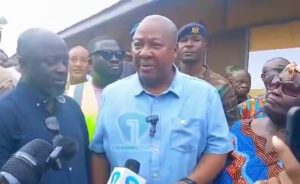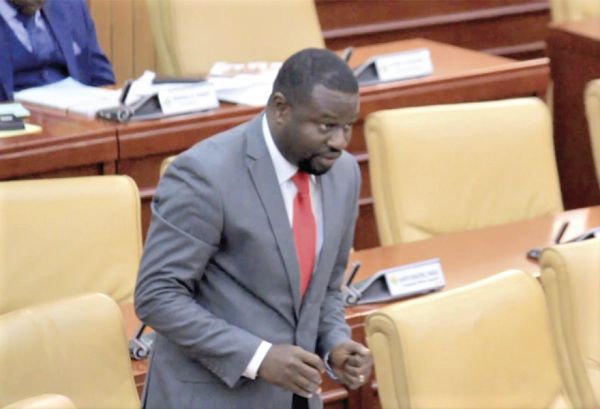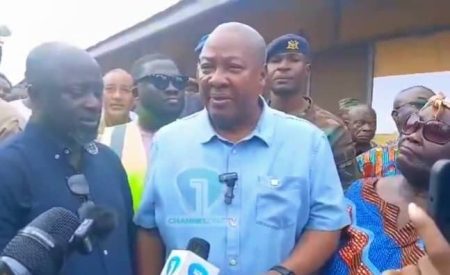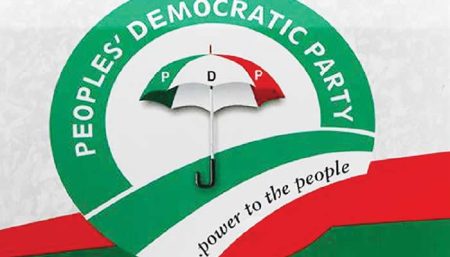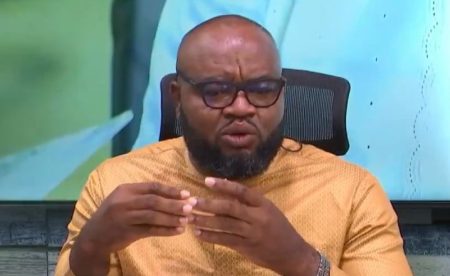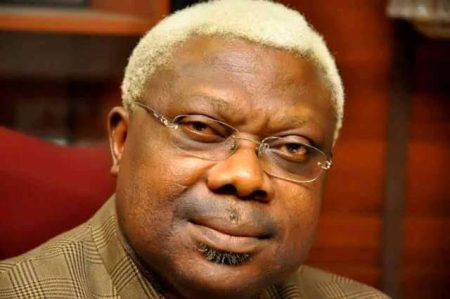The dynamics within Ghana’s Parliament, particularly the relationship between the ruling majority and the opposition minority, play a crucial role in the effective functioning of the legislative body and the overall governance of the nation. Recent exchanges between the Majority Leader, Mahama Ayariga, and the Minority Chief Whip, Frank Annoh Dompreh, highlight the complexities of this relationship, particularly concerning the conduct of parliamentary business and the allocation of responsibility for delays and inefficiencies.
Mr. Ayariga, representing the Bawku Central constituency, expressed concern over what he perceived as the Minority’s deliberate tactics to obstruct and delay parliamentary proceedings, particularly during Question Time. He argued that these delays could potentially hamper the smooth execution of government programs and hinder the progress of critical legislative matters. This accusation underscores a common tension in parliamentary systems, where the opposition may utilize various procedural mechanisms to scrutinize government actions, potentially leading to delays in the legislative process.
In response, Mr. Annoh Dompreh, representing the Nsawam Adoagyiri constituency, refuted the accusations and affirmed the Minority’s commitment to supporting the passage and prosecution of government business. He emphasized that the Minority’s role is not to obstruct but to ensure proper scrutiny and accountability. He maintained that the Minority would cooperate with the government’s legislative agenda as long as the Majority ensured proper scheduling and presentation of programs. This response highlights the Minority’s assertion of its role as a constructive opposition, aiming to contribute to effective governance while holding the government accountable.
Mr. Annoh Dompreh further shifted the blame for parliamentary delays onto the Majority, attributing the inefficiencies to lapses in scheduling and the protracted presence of certain business items on the order paper for extended periods. He cited instances where matters remained on the agenda for months, indicating a lack of effective management of the parliamentary timetable by the Majority. This counter-accusation points to the complexities of managing a legislative agenda and the potential for both sides to contribute to or perceive delays differently.
The exchange between the Majority Leader and the Minority Chief Whip underscores the delicate balance inherent in parliamentary systems. While the Majority seeks to advance its legislative agenda efficiently, the Minority plays a critical role in scrutinizing government actions, proposing alternative policies, and holding the government accountable. Disagreements over procedural matters, allocation of time, and the interpretation of delays are common occurrences in this dynamic.
The efficient and effective functioning of Parliament requires a degree of cooperation and understanding between the Majority and the Minority. Clear communication, adherence to established procedures, and a mutual commitment to advancing national interests are essential for overcoming potential obstacles and ensuring that the legislative process serves the needs of the people. While robust debate and scrutiny are essential elements of a healthy democracy, undue delays and obstruction can undermine the effectiveness of Parliament and hinder the progress of critical national issues. The ongoing dialogue and negotiation between the Majority and Minority are therefore crucial for maintaining a functional and productive Parliament.




